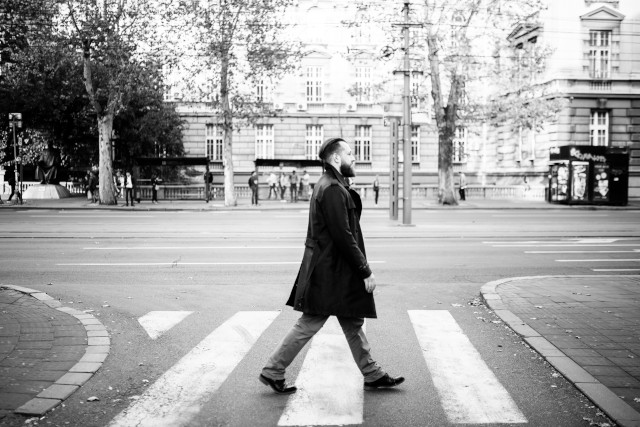
- Trump declares national emergency over IT threats
According to a White House statement, Mr Trump’s order aims to “protect America from foreign adversaries who are actively and increasingly creating and exploiting vulnerabilities in information and communications technology infrastructure and services”.
It gives the secretary of commerce the power to “prohibit transactions posing an unacceptable risk to the national security”, the statement adds.
The move was instantly welcomed by Federal Communications Commission Chairman Ajit Pai, who called it “a significant step toward securing America’s networks”.
https://www.bbc.com/news/world-us-canada-48289550
Huawei responds to Trump’s national emergency ban on foreign telecoms makersIn a statement to the Chinese state-run Global Times, Huawei said: “If the U.S. restricts Huawei, it will not make the U.S. safer, nor will it make the U.S. stronger. It will only force the U.S. to use inferior and expensive alternative equipment, lagging behind other countries . . . and ultimately harming U.S. companies and consumers.”
The company also tried a bit of de-escalation diplomacy, saying it was willing to “communicate with the U.S. to ensure product security.” Where this goes from here is anyone’s guess, but it’s certain that the Trump administration will leverage all the power in its arsenal to try to rein in foreign companies it sees as a threat to U.S. interests.
- Technology Is as Biased as Its Makers
One possible response to this is that the algorithm is neutral, that it is just a vehicle for the ad, automatically responding to how people use it; algorithms aren’t racist, people are racist. But the algorithm is built in a way that also confirms implicit biases that exist in the real world, and it does so over and over again. The assumption that African American people are less trustworthy than white people is a commonly held form of implicit bias. It has real-world implications in a whole range of ways, from the success of job applicants to the split-second decisions made by police when pointing their guns at people. In Sweeney’s study, we see this attitude reproduced in the world of digital technology, intentionally or otherwise. This is not a mystery or an unfathomable outcome. Google is not entirely responsible for racism having an impact on automated advertising, but it cannot shirk responsibility for it. Ford was not solely responsible for hundreds, possibly thousands of cases of people being burned alive in their Pintos, but the court of public opinion rightly felt that it could have easily prevented them if it had designed the car differently.
https://longreads.com/2019/05/14/technology-is-as-biased-as-its-makers/
- How will Facebook and Google handle your death?
- Sri Lanka Has Blocked Most Major Social Networks After A Facebook Post Sparked Anti-Muslim Riots
The move comes three weeks after jihadist bombers killed at least 300 people in the country, sparking fears of sectarian violence against the country’s minority-Muslim population.
On Twitter, Sri Lanka’s largest mobile carrier, Dialog Axiata, confirmed that it had restricted the websites and apps according to a directive from Sri Lanka’s telecom regulator. NetBlocks, a nonprofit organization that tracks internet outages, tweeted that this was the third time in weeks the country had banned social media in the wake of religious tension.
- “Zombies” who use their cellphones at crosswalks could be fined under proposed NY law
Under the proposal, people crossing the street with their nose buried in their phone could face fines of between $25 to $250. The legislation targets people “using a portable electronic device while crossing a roadway,” and makes exceptions for emergency response and other medical personnel.
“[The bill] does not say you can’t talk on the phone,” the bill’s sponsor, New York state senator John Liu, told the Guardian. “We’re talking about handheld devices … you can wait the five seconds to get to the other side.”
https://www.fastcompany.com/90352008/ny-cellphone-users-could-be-fined-for-texting-at-crosswalks
Photo by Alexander Mils on Unsplash

